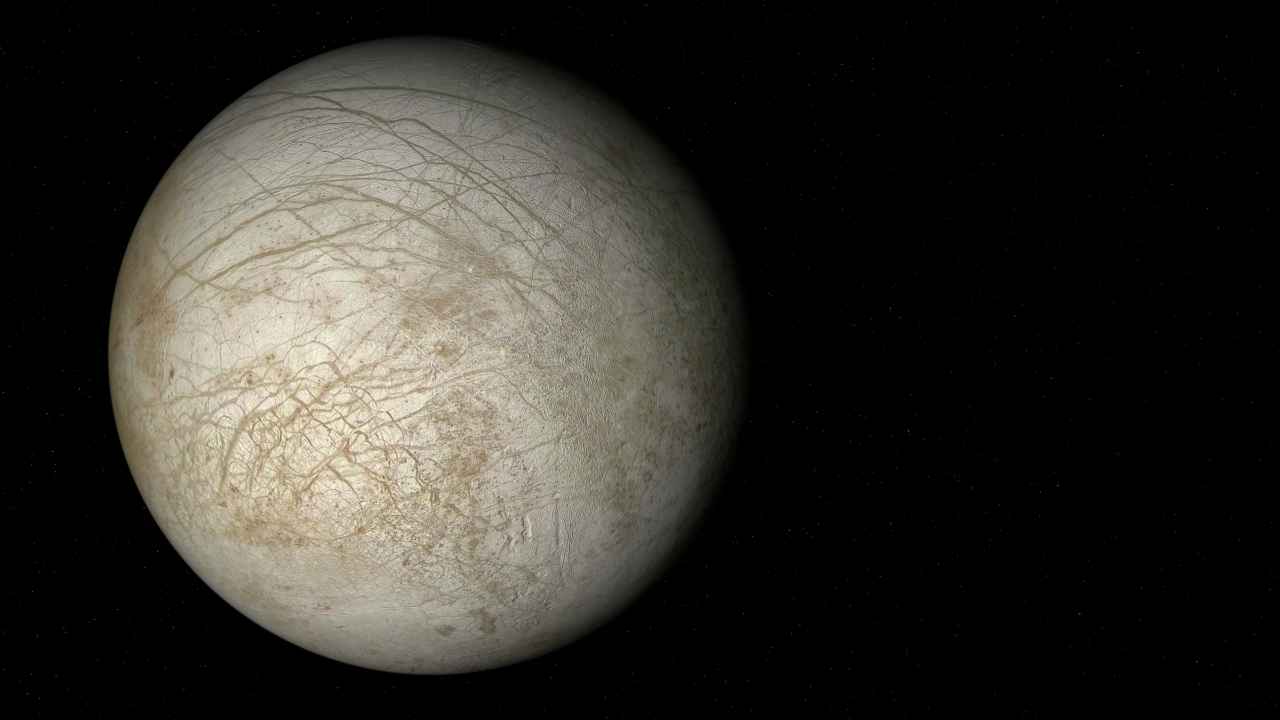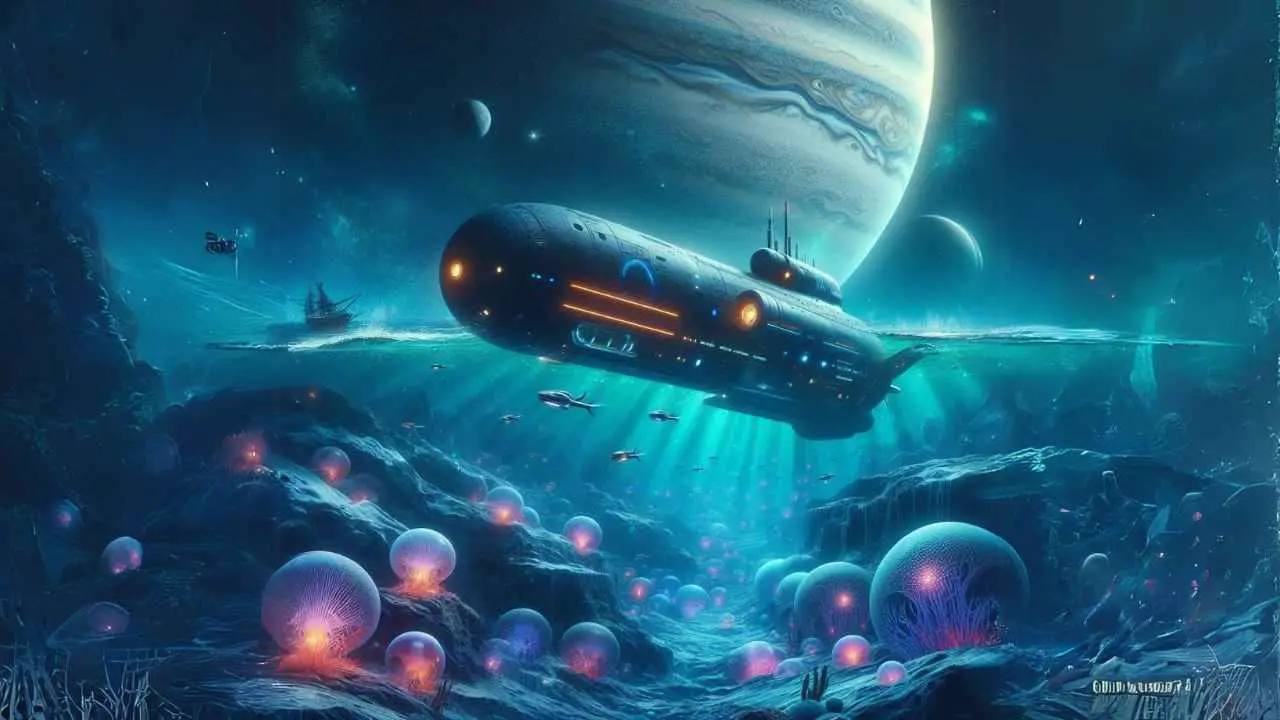The search for alien life has always sparked our collective imagination, conjuring images of distant galaxies and extraterrestrial civilizations. But what if the discovery of life beyond Earth is closer than we’ve ever imagined, not in the far reaches of space, but within our own solar system? Recent missions and studies suggest that Europa, one of Jupiter’s moons, might hold the key to answering the age-old question: Are we alone in the universe?
Life on Europa
Europa: A Moon with a Hidden Ocean
Europa is a fascinating world of ice, but beneath its frozen exterior lies a vast ocean of liquid water, kept warm by the gravitational pull of Jupiter. This makes Europa one of the most promising places to look for life beyond Earth. Scientists believe that where there’s water, there might be life, making this icy moon a prime candidate for extraterrestrial exploration.
The Breakthrough Findings

Recent missions to Europa have detected plumes of water vapor erupting through cracks in the ice, suggesting that the moon’s subsurface ocean might be more accessible than previously thought. These plumes could carry signs of life from the ocean below, offering a tantalizing glimpse into the moon’s hidden depths. The presence of water vapor also indicates that Europa’s ocean is active and could have the chemical ingredients necessary for life as we know it.
The Hunt for Microbial Life
The focus of the search on Europa is not on little green men but on microbial life—simple organisms that could exist in the moon’s ocean. The conditions in Europa’s ocean might resemble those of Earth’s deep-sea hydrothermal vents, where life thrives in complete darkness, drawing energy from the chemistry of the water rather than the sun. Discovering even the simplest forms of life on Europa would revolutionize our understanding of biology and the potential for life elsewhere in the cosmos.
🔬 Subscribe to SciMail
Get the latest science discoveries straight to your inbox!
The Challenges Ahead

Exploring Europa’s ocean presents significant technical challenges. Future missions would need to land on the icy surface, drill through miles of ice, and deploy a submersible robot into the ocean below—all while contending with the harsh radiation environment of Jupiter. Despite these hurdles, plans for such missions are already underway, with space agencies around the world working to turn this science fiction scenario into reality.
The Implications of Discovering Extraterrestrial Life
Finding life on Europa would have profound implications for science, philosophy, and humanity’s place in the universe. It would confirm that life is not unique to Earth, opening up new questions about the diversity of life forms and the conditions under which life can exist. It would also inspire future generations to continue exploring the cosmos, seeking answers to the biggest questions of our existence.


Leave a Reply